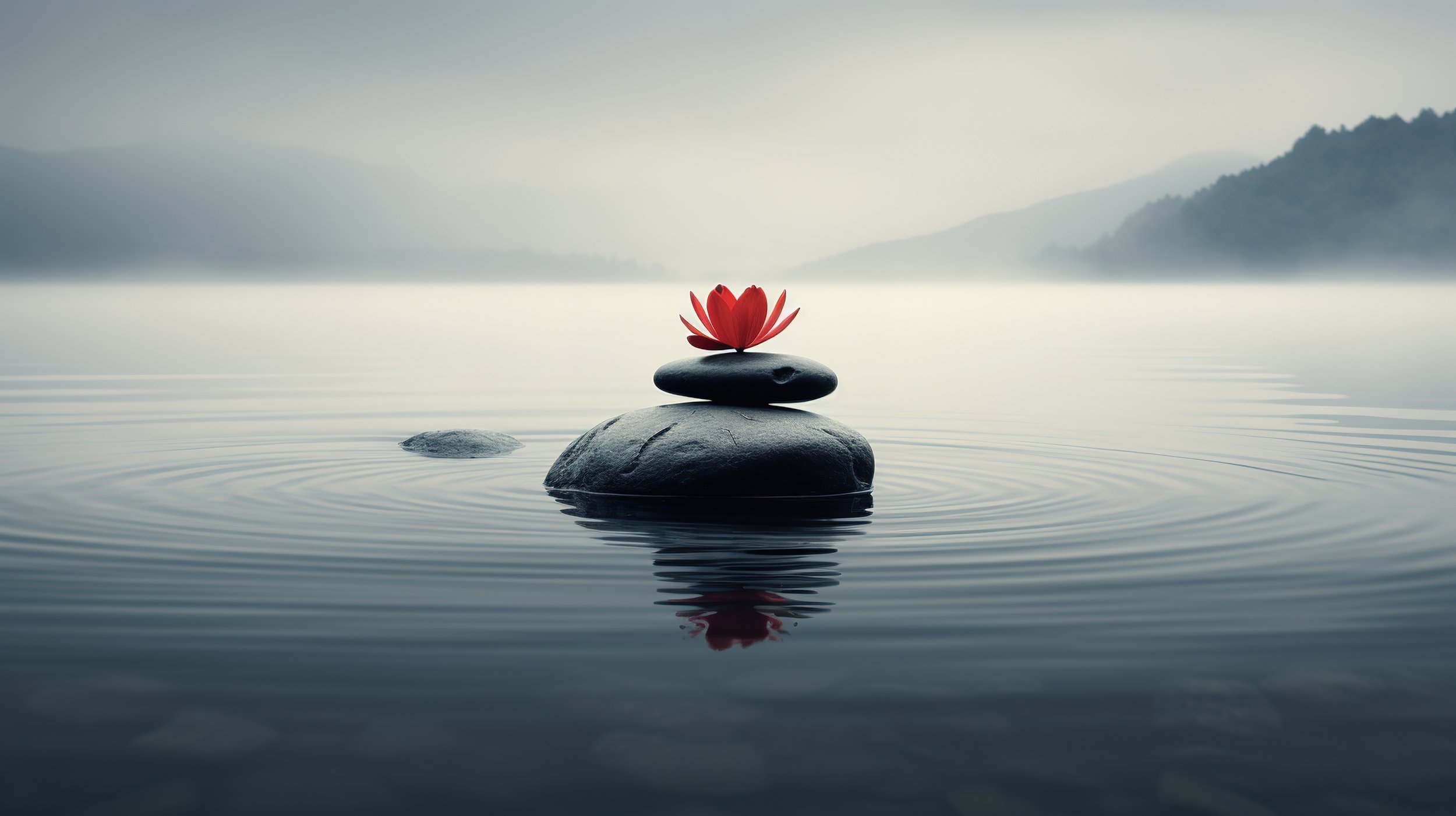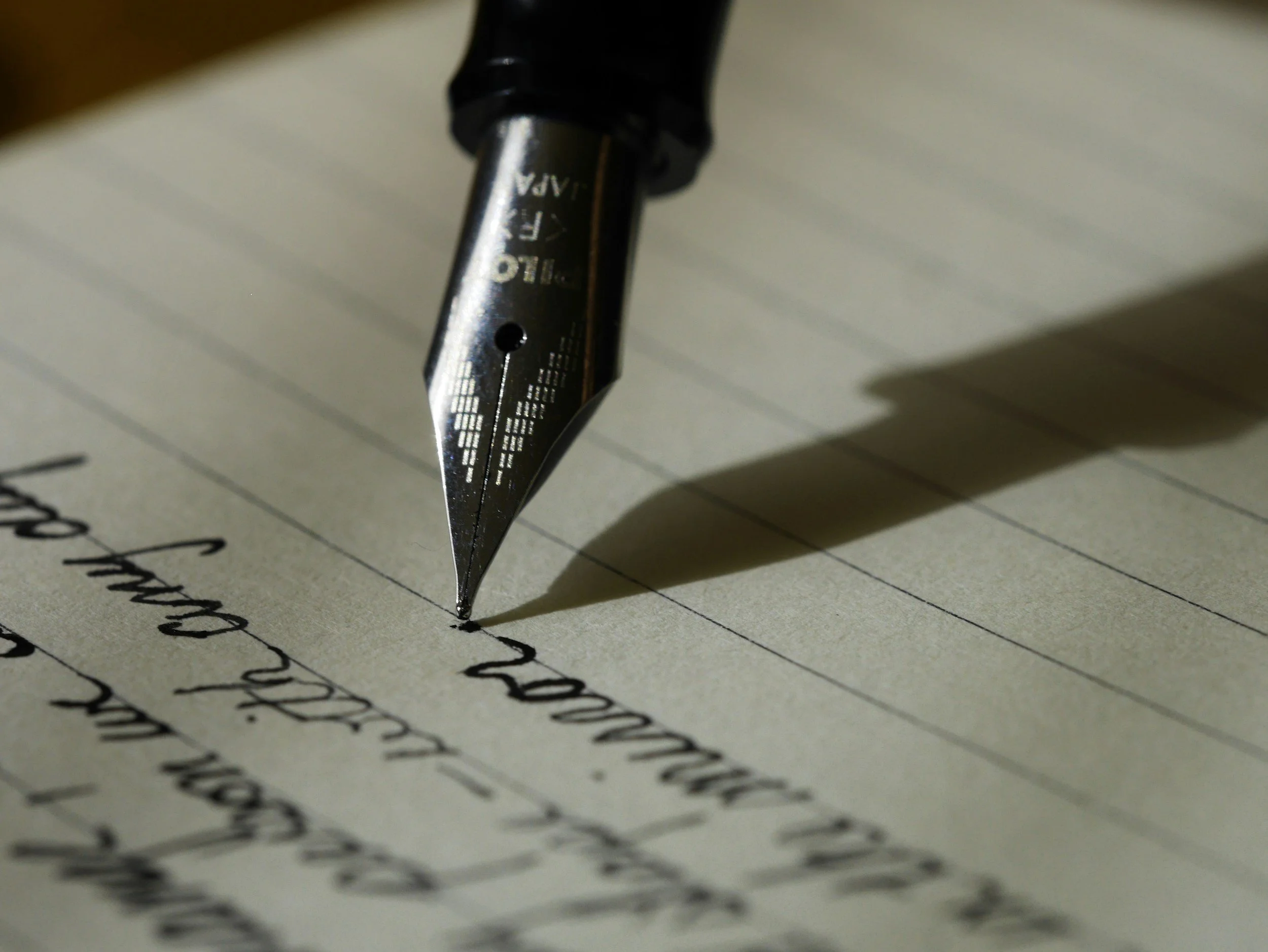
Blog

Favorite Books By Patrick Mckeown
Each of Patrick McKeown’s books explore breathing techniques grounded in science to improve physical and mental health, whether you're an athlete, a yogi, or just someone looking to feel healthier.

Conscious Breathing: Discover The Power of Your Breath
We spend an enormous amount of time, money and effort on the quest for improving our health, our looks, our weight, our fitness, our sleep, our energy, and our sex lives. But the fact is that we already have the secret to all of these and more. What’s more, it doesn’t require you to spend a single penny.

Breath: The New Science of a Lost Art
There is nothing more essential to our health and well-being than breathing: take air in, let it out, repeat twenty-five thousand times a day. Yet, as a species, humans have lost the ability to breathe correctly, with grave consequences.

The Saad Truth About Happiness: 8 Secrets for Leading the Good Life
The Quest for Happiness is a Universal fact. It is a scientific fact, which means we can measure it, we can assess it, and we can devise strategies to make ourselves happy and fulfilled human beings.

Death: An Inside Story — A book for All Those Who Shall Die
Death is a taboo in most societies in the world. But what if we have got this completely wrong? What if death was not the catastrophe it is made out to be but an essential aspect of life, rife with spiritual possibilities for transcendence?

The Yoga of Jesus, Understanding the Hidden Teachings of the Gospels
In this remarkable book, Paramahansa Yoganada reveals the hidden yoga of the Gospels and confirms that Jesus, like the ancient sages and masters of the East, not only knew yoga but taught this universal science and God-realization to his closest disciples.

The Socratic Method: A Practitioner’s Handbook
Drawing on hundreds of quotations, this book explains what the Socratic method is and how to use it. Chapters include Socratic Ethics, Ignorance, Testing Principles, and Socrates and the Stoics.

Be Still Now… Be Still
I grew up hearing, “Be still now….be still.” My parents meant for me to go away, to stop being a bother, to not “crowd” them. I often wandered off to my cave up on the hillside, just above our house out on the holler. With the cool earth beneath my bottom and the smell of dirt in my nose, I did as I was told. I sat still. Inside the shadows of my cave, I watched. I could see my family, but they couldn’t see me.

Breathing Class: Be Still Now
Please join me for a breathing class! See details on the above flyer.

The Wandering Wisdom Within Your Body: The Vagus Nerve
When we ignore our body’s wisdom, and its innate ability to heal itself, we experience stress. Stress in the body sends a message to the brain that something is wrong, releasing stress hormones into the body.

Philosophy: An Antidote to Stupidity
For a good portion of my life, I believed that ignorance equaled stupidity. I developed a complex, a sensitivity, about how others saw me. I worried about what they thought of me because each time I exposed my ignorance, I was certain they saw me as stupid.

Using the Breath to Build Resilience
No matter how hard we try, we cannot avoid stress or prevent suffering; it’s part of being human. But with a few tools and a proactive mindset, we can build resilience toward life’s setbacks—and even grow stronger from adversity.
Building resilience isn’t necessarily about “toughing it out” so much as it is about tapping into your spirit. Spiritual energy runs through our veins; it’s the life force that sustains us during hardship and lights us up on the other side of it.
There exists a powerful structure of spiritual energy centers throughout our bodies called chakras. The word chakra comes from Sanskrit, an ancient language of India, and is commonly referred to in the practices of yoga and meditation.
Paramhansa Yogananda, the great yogi who brought yoga to the west in the 1920s, teaches us that there are eight aspects of God: peace, wisdom, power, love, calmness, sound, light, and joy (or bliss). When we marry these aspects with the seven primary chakras, we have a set of tools, a roadmap, to navigate our lives.

Musings of Memoir: Where is the Takeaway?
While attending a writing conference recently, something stood out to me: regardless of genre—mystery, romance, prescriptive/nonfiction, sci-fi or thriller—there’s an aspect of the writer’s personal story in every tale. Even more notable, is how all tales stem from opposition.
For instance, one woman I met was writing a prescriptive book on “healing versus being healed” based on her belief that you can still experience deep healing even if you aren’t cured of a disease. She was writing about a friend who was battling breast cancer, but who, she said, was so fixated on being cured (healed) that her health was actually declining. When I asked about her friend and what inspired the book idea, she leaned in and with a whisper, said, “Well, it’s really my story. But I don’t want to write about me.” Then, under her breath, added, “Although, I did beat stage four breast cancer.” I gasped. Then smiled. We talked more about what memoir is and what it isn’t.
While memoir is about you, it isn’t about you. That is to say, while memoir is about a major event, like surviving breast cancer, it isn’t necessarily about the disease; instead, it’s about how the experience of living with the cancer (and surviving it) transforms you.

